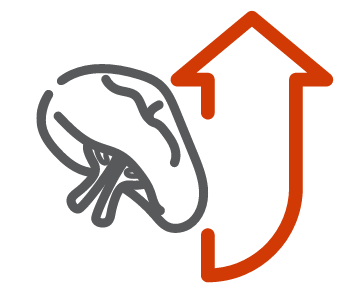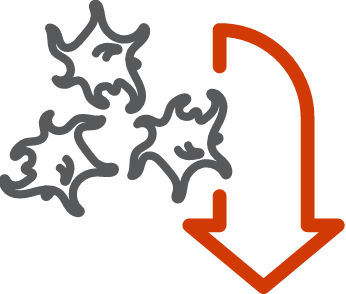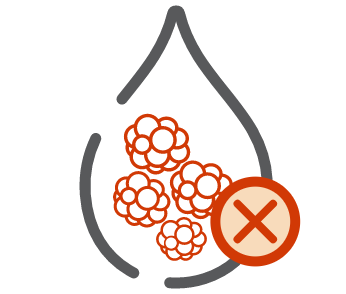
GD is usually passed down from birth parents. It may affect several members of a family within a single generation. If a family member has been diagnosed with GD, it is important for direct relatives to also get tested.
Genetic testing can confirm a diagnosis if the test reveals that a person has 2 copies of the affected Gaucher gene. Genetic testing can also be done to confirm if someone has 1 copy of the affected Gaucher gene (is a carrier).
Gaucher disease is pan-ethnic. It affects ~1 in 40,000 individuals in the general population.
Gaucher disease type 1 (GD1) occurs most often in people of Ashkenazi Jewish heritage. 90% of Jewish Americans are Ashkenazi. About 1 in 850 Ashkenazi Jewish people have GD1. Ashkenazi Jewish patients with enlarged spleen (splenomegaly) or low platelet count (thrombocytopenia) should be tested for GD as soon as possible.
There are many changes within the gene that can cause GD. One variation found in the Ashkenazi Jewish population can cause serious skeletal disease while not showing other typical disease symptoms.

A healthcare professional may suspect and test for Gaucher disease if

You have an enlarged spleen (splenomegaly)

Your blood platelet count is low (thrombocytopenia)

Your doctor rules out blood cancer (hematological malignancies)
Symptoms of GD can appear similar to those of other diseases, and some people may have been told the wrong diagnosis. Do not assume you have already been tested. Test to confirm.
Think it might be Gaucher disease type 1?
Are you a healthcare professional? Help patients avoid lengthy delays in diagnosis.
.png)